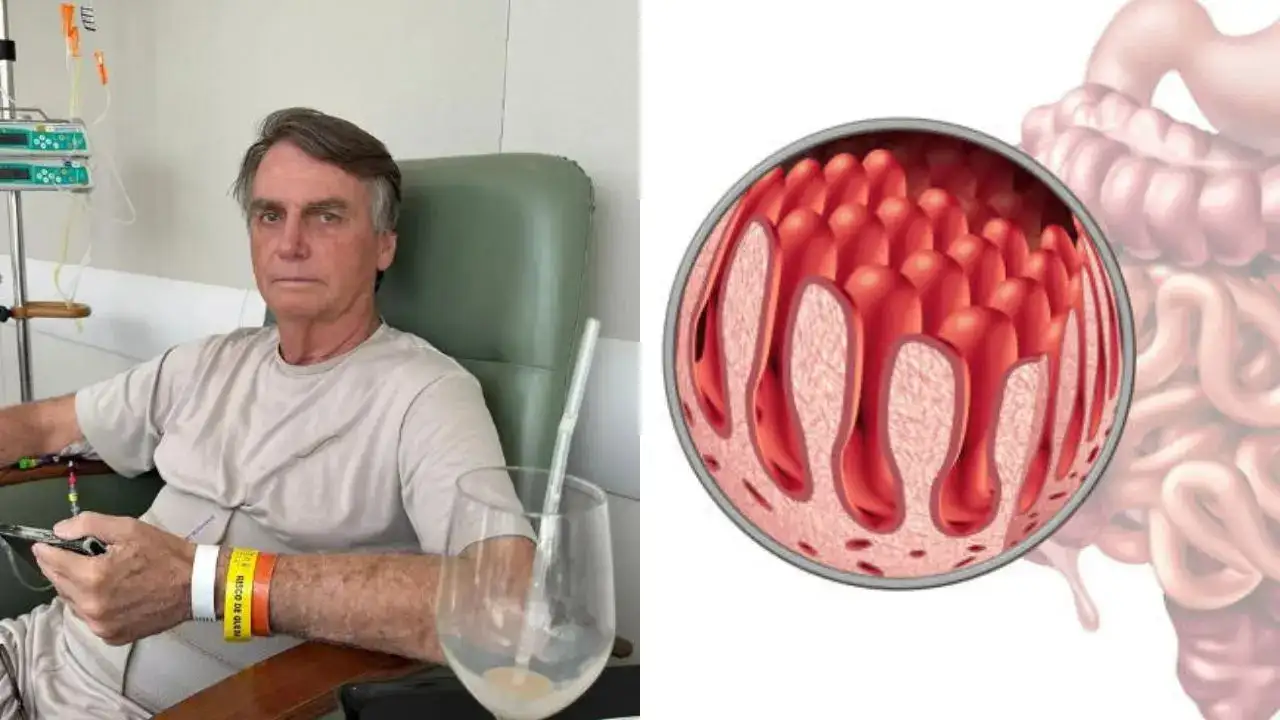
According to doctors, Bolsonaro's health condition is stable and he has begun receiving a liquid diet (Pic: Instagram/iStock)
Former Brazilian President Jair Bolsonaro continues to recover after undergoing 12 hours of bowel surgery—a complex way to remove intestinal adhesions and reconstruct the abdominal wall, his doctors said. Bolsonaro left the intensive care on Thursday but will continue to be in hospital for some time. His doctors have not yet set a discharge date from the facility.
According to doctors, Bolsonaro's health condition is stable, and he has begun receiving a liquid diet.
The adhesion is the sixth procedure related to the long-term effects of being stabbed in the abdomen during a campaign rally in 2018. Since the attack, Bolsonaro has been in and out of hospitals and has undergone various surgeries during his presidency from 2019-2022. Doctors said the present operation was the "most complex” of all since the incident, as it required delicate handling.
What are intestinal adhesions?
Intestinal adhesions are bands of scar tissue that form between the organs in your intestine and pelvis, mainly between loops of your small intestine. They can also form between an organ and the wall of your abdominal cavity. Your abdominal cavity contains your:
- The digestive system, including your stomach and intestines
- Female reproductive organs
-
Kidneys and adrenal glands
- Liver
- Pancreas
According to experts, adhesions are the most common cause of a small bowel obstruction, which is a medical emergency that involves complete or partial blockage in your intestines.
Signs and symptoms of intestinal adhesion
Doctors say while most adhesions do not cause symptoms, sometimes though, they can make your intestines twist, similar to how a garden hose can become kinked. With obstruction, food, liquid, air, and waste cannot pass through your intestines. You may notice symptoms like:
- Severe abdominal pain
- Cramps
- Bloating
- Nausea and vomiting
- Abdominal distension
- Obstruction- being unable to pass gas or poop
Risk factors and complications of abdominal adhesions
According to experts, the biggest risk factor associated with abdominal adhesions is abdominal surgery, especially:
- Abdominal adhesions occur in more than 90 per cent of open surgeries, which involve a single large incision. Even though they are slightly less common with laparoscopic surgery.
- Surgery on organs in the lower part of your digestive system, including your colon and rectum
- Multiple abdominal surgeries
- Emergency surgery
A few complications include:
Small bowel obstruction
The scar tissue can lead to loops of small bowel twisting or narrowing, resulting in a blockage. Without emergency treatment, an obstruction can lead to a life-threatening infection known as peritonitis.
Chronic pain
Adhesions prevent your organs from moving around freely, leading to long-term visceral pain in your pelvis or abdomen.
Infertility
Adhesions can cause infertility as the scar tissue can prevent eggs and sperm from meeting so that conception can happen. Scar tissue inside your uterus can prevent a fertilised egg (embryo) from implanting. Adhesions inside your uterus are known as intrauterine adhesions or Asherman's syndrome.
Get Latest News Live on Times Now along with Breaking News and Top Headlines from Health and around the world.
